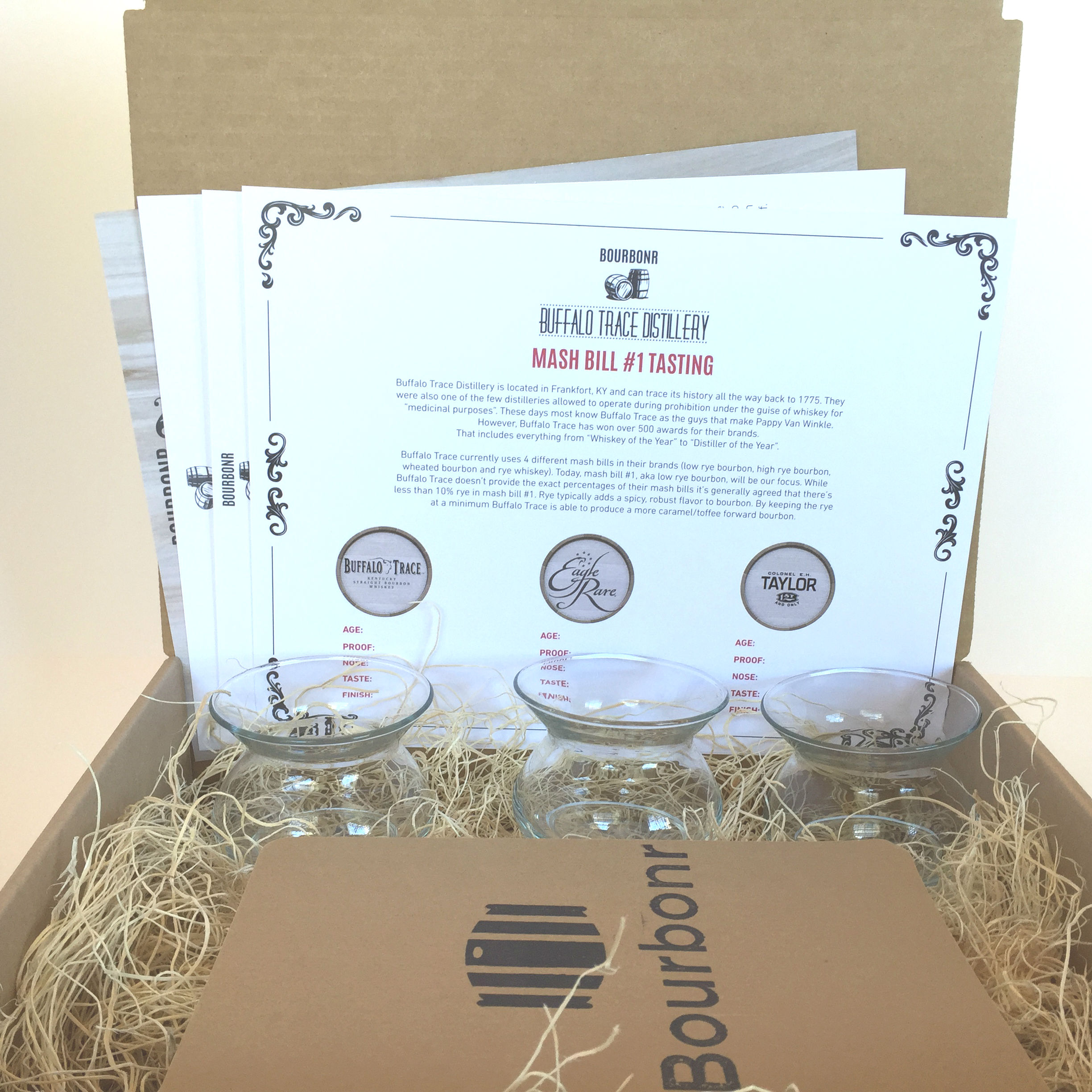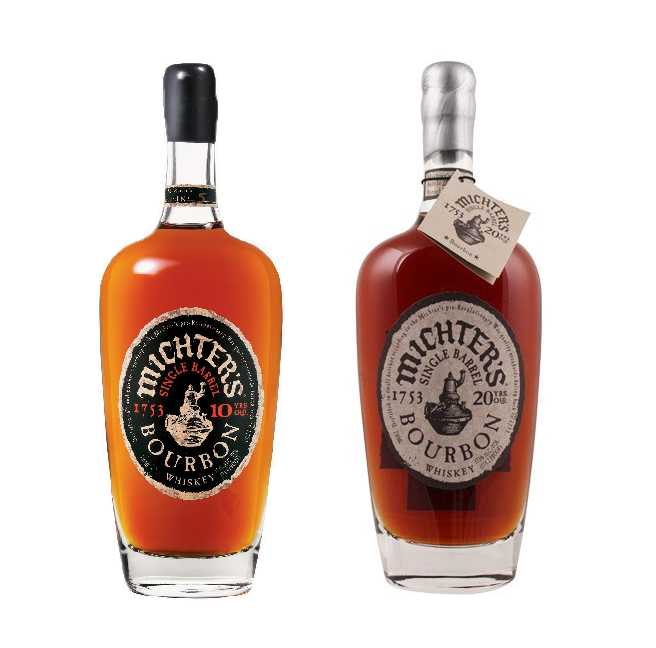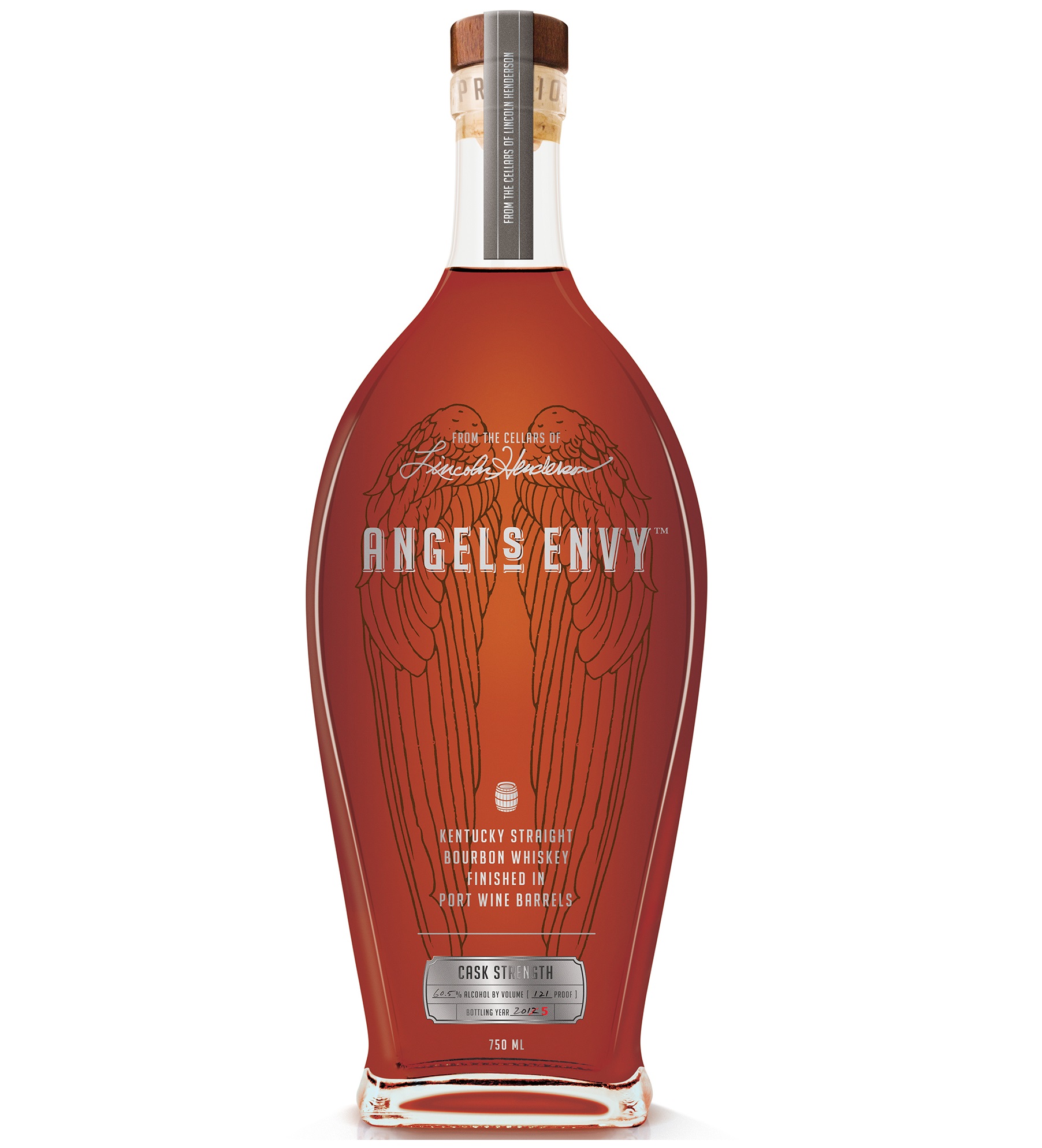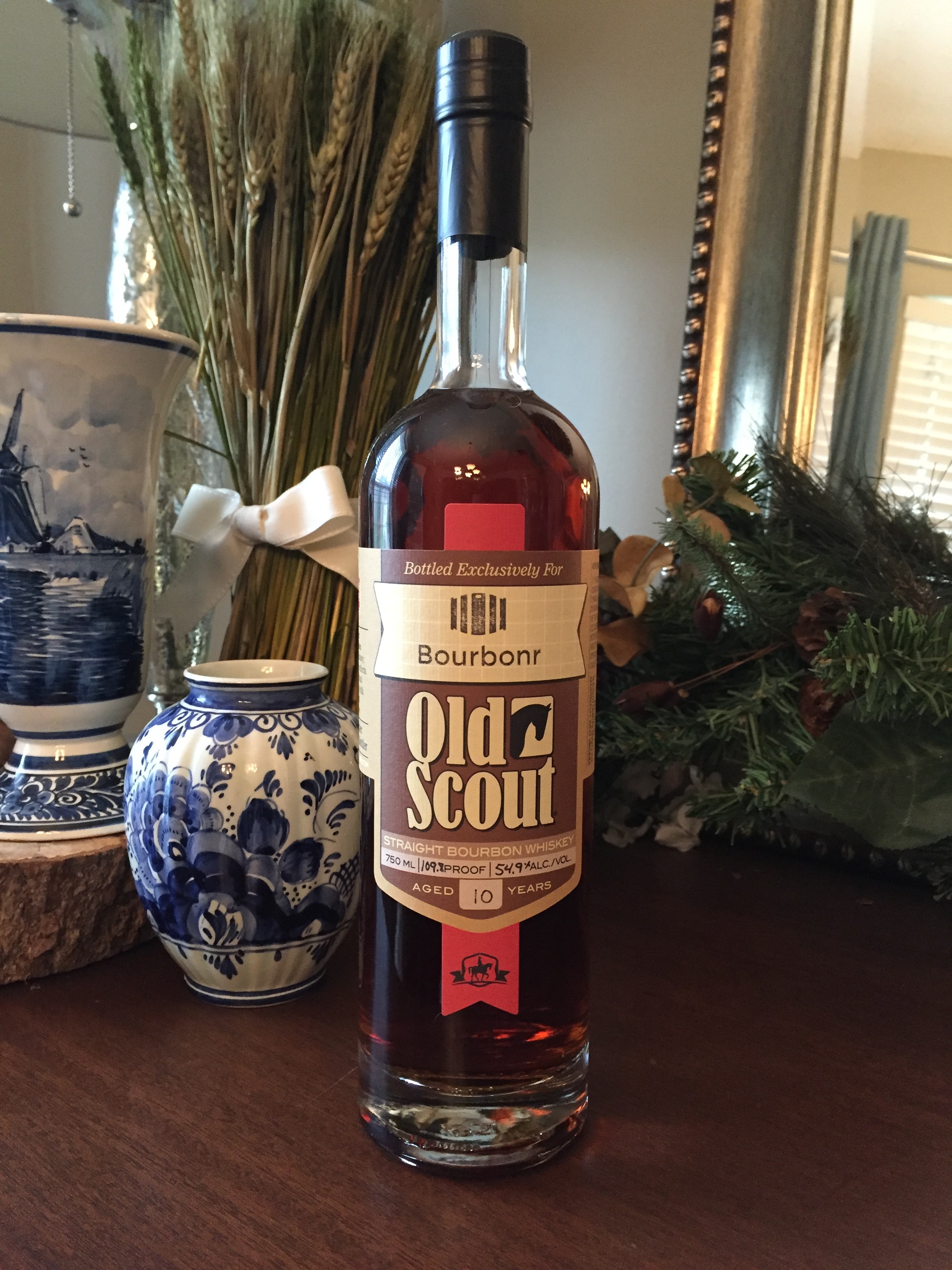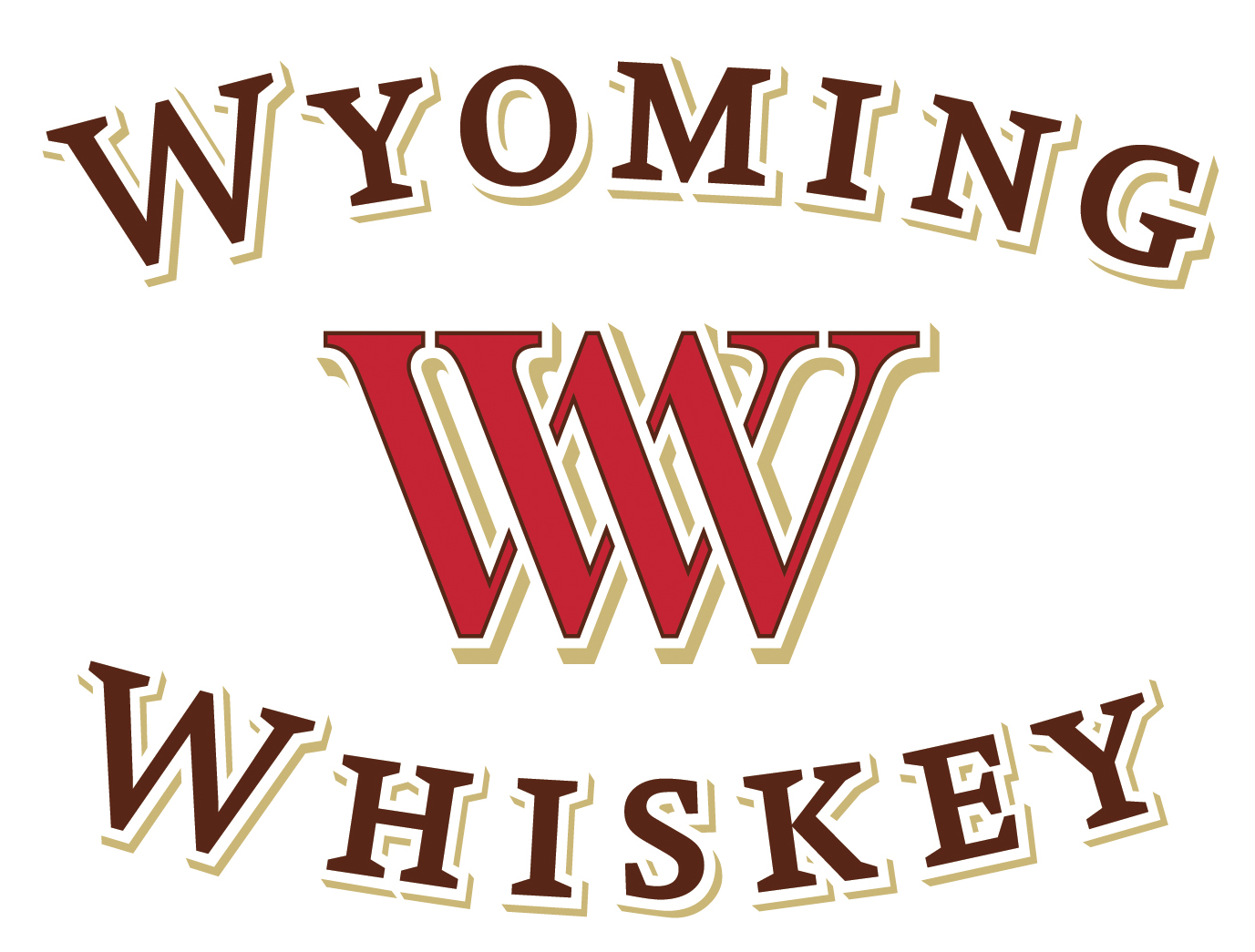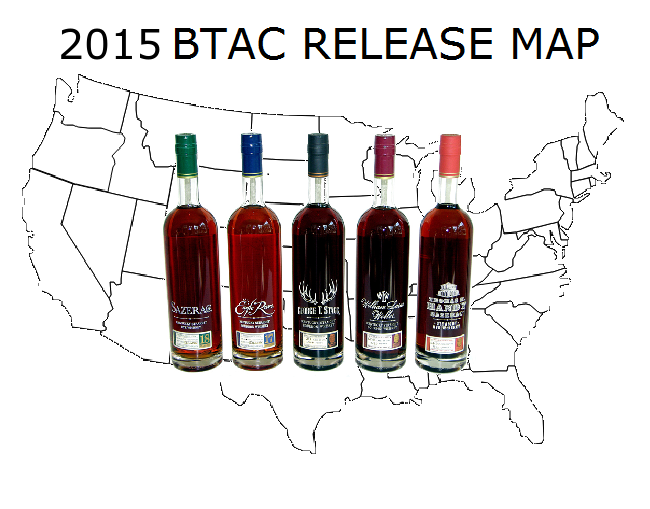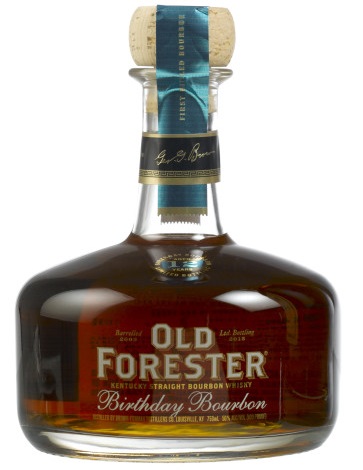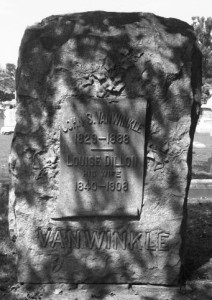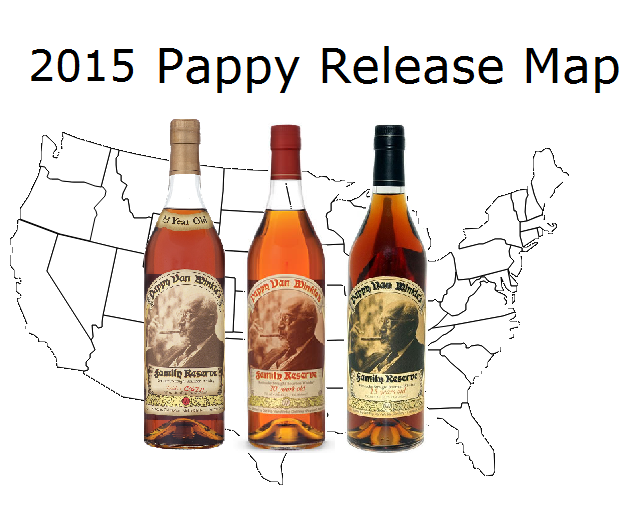This is a guest post from Matthew C. Hulbert, PH.D. at Civil War Governors of Kentucky. I think you’ll enjoy!
******************************************
On November 2, 1865, a petition arrived on the desk of Governor Thomas E. Bramlette. Two men from Wayne County, Granville Ingram and Levi Baker, each faced a $100 fine for “tipling.” (That is, for dealing in unlicensed liquor.) Relative to modern legal standards, it’s common to assume that alcohol restrictions were lax in the 1860s—if not altogether nonexistent. In fact, before proceeding with our story, it’s worth taking a moment to note that the production, sale, and consumption of distilled spirits in Kentucky were heavily regulated in the 1860s, almost as much as they are today. Even as the Civil War raged around them, scores of civilians found themselves in court for various liquor-related offenses: unlicensed distilling, unlicensed sale, selling in the wrong unit or quantity, selling liquor to minors, being drunk on duty, and a wide array of more violent, booze-fueled crimes ranging from arson and assault to homicide. (More on this in next week’s blogging.) read more
